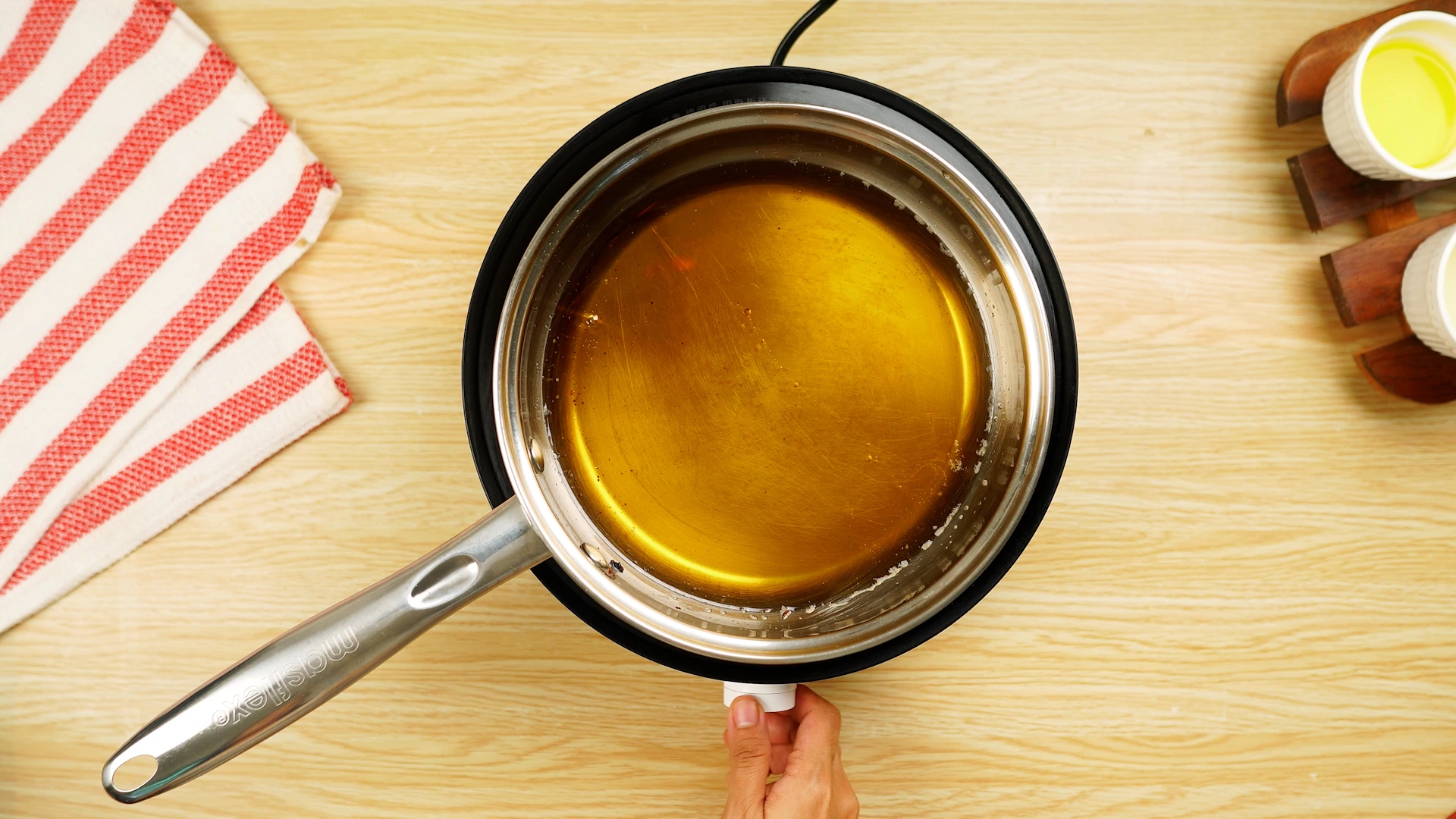Kitchens at restaurants frequently use cooking oil. However, once cooks have fried and cooked meals, the leftover oil is occasionally carelessly poured down the sink in the kitchen. The plumbing system of the restaurant is immediately safeguarded when used cooking oil is recycled. Sewer lines in the neighborhood municipality are, however, also protected. Pouring used cooking oil down sewer pipes prevents drainage, causing the sewer to be irreparably damaged and causing overflowing into the streets.
Restaurant owners are asked to recycle their spent cooking oil and enjoy its numerous advantages rather than contributing to a number of possible problems. Recycling used cooking oil is simple. The only things needed are a recycling facility and spent cooking oil that can be recycled. It is a simple process with numerous advantages, some of which are listed below;
Lower costs of cleanup
As was previously said, it has been discovered that the majority of restaurants, hospitals, homes, and hotels drain used cooking oil. Due to the fact that wastewater is disposed of in this manner as well, many organizations believe that this procedure is the safest. Additionally, they are aware that the drain leads to the sewage treatment facility. They are unaware that used cooking oil and water have various characteristics. When the temperature is lowered, used cooking oil freezes into bits.
When this occurs, the used cooking oil clogs the sewage system and drain pipes. Two events will take place. One, the wastewater from your kitchen won’t be effectively drained. This will cause you to need to hire a plumber, who will fix the problem and charge you a lot of money. Second, the clogged sewage line next to the road will begin dumping its contents into the road. You’ll come in contact with disease-causing germs in addition to unpleasant odors. Reusing leftover cooking oil significantly reduces the expense of cleanup.

Safe environment
Recycling used cooking oil should primarily be done for environmental protection. Greenhouse gases are a significant contributor to the increase in global temperatures. Modern transportation systems, such as fossil fuel-powered trains, planes, cars, and ships, generate greenhouse gases. Methane and carbon dioxide are two of the gases released into the atmosphere that have an impact on the ozone layer. As a result, the earth’s surface experiences heat waves, which raise the temperature. By promoting the use of renewable energy sources like biodiesel, some nations have implemented stringent regulatory measures to prevent the emission of these dangerous gases to the environment.
Numerous drainage systems are full and overflowing in many cities and municipalities. Used cooking oil is a significant contributor to this pollution. It enters the sewage system through the sinks in homes and in restaurants, where it forms blockages that allow sewage to overflow onto city streets. In addition to sinks, a lot of landfills have a lot of used cooking oil that was improperly disposed of. Recycling aids in the development of improved techniques for disposal, preventing any oil from ending up in landfills.
Used cooking oil can create renewable energy
Statistics show that more than 2.5 billion gallons of cooking oil are used annually, creating a significant disposal issue. The majority of households, eateries, and lodging facilities flush wasted cooking oil down the drainage system. This eventually results in obstruction, which in the long term seriously harms the drainage system. Sometimes the excess makes its way to the environment and streets, which can result in irreparable harm.
Recycling spent cooking oil yields biodiesel as one of the byproducts as recycling techniques continue to advance. Biodiesel is an environmentally favorable source of energy because it is a renewable resource. Diesel engines that power machinery and automobiles use this fuel as an alternative to fossil fuel.

How to recycle used cooking oil?
- Your home should have a designated container for waste cooking oil. It works excellent in metal coffee cans or plastic butter containers, but make sure it’s labelled to prevent accidental ingestion. Unless you wish to reuse it, you don’t need to keep it chilled.
- Every time you cook, keep adding fresh oil to the container. Discard any large chunks of meat or produce, but don’t bother about draining any fats or mixing various oils.
- To find out if there is a place to recycle cooking oil near you, use our Recycling Locator.
It is better to hire a waste oil recycling firm to provide recycling services because most businesses create significantly more cooking oil than ordinary households. Many of these providers offer reimbursement for used cooking oil on a per-gallon basis.
Conclusion
Cooking oil is used in hotels, restaurants, clinics, and homes to make food. The amount of spent cooking oil disposed of through the drainage system will astound you, if you were to calculate it. Recycling leftover cooking oil will increase employment opportunities, ensure fuel security, protect the environment, and lower cleanup expenses.



